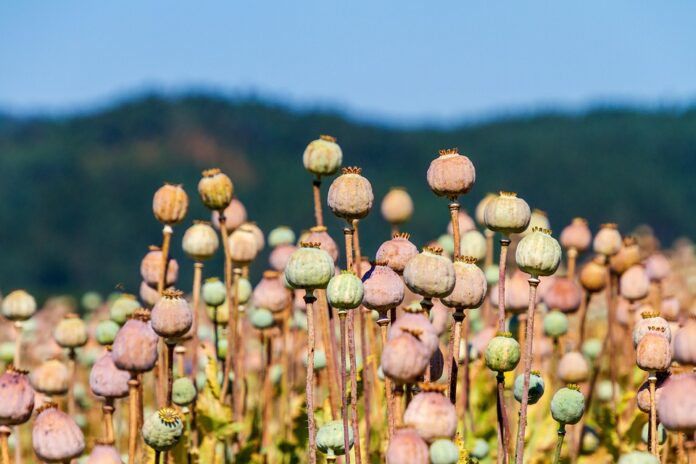Introduction
The global supply chain disruptions caused by the COVID-19 pandemic have had far-reaching impacts on various industries, including the food and beverage sector. One particular product that has been significantly affected is poppy seeds. Poppy seeds are a popular ingredient used in baking, cooking, and pharmaceuticals, but their availability has been impacted by supply chain disruptions. In this report, we will explore how these disruptions are affecting the availability of poppy seeds, the key players in the industry, and the potential implications for consumers and businesses.
Current State of Poppy Seeds Availability
Impact of Supply Chain Disruptions
The supply chain disruptions caused by the pandemic have led to delays in the transportation of goods, restrictions on movement, and closures of manufacturing facilities. These disruptions have affected the availability of poppy seeds, as they are often imported from countries like Turkey, the Czech Republic, and Australia. The closure of borders and restrictions on international trade have made it challenging for companies to source poppy seeds, leading to shortages in the market.
Price Fluctuations
The limited availability of poppy seeds has also resulted in price fluctuations. As the demand for poppy seeds remains high due to their popularity in various industries, including baking and pharmaceuticals, the limited supply has driven up prices. This has put a strain on businesses that rely on poppy seeds as a key ingredient in their products, leading to increased production costs and potential price increases for consumers.
Key Players in the Poppy Seeds Industry
Major Suppliers
Some of the major suppliers of poppy seeds include companies like Olam International, McCormick & Company, and Frontier Co-op. These companies play a significant role in the poppy seeds supply chain, sourcing seeds from different countries and distributing them to various markets. The disruptions in the supply chain have impacted these companies’ operations, leading to challenges in sourcing poppy seeds and meeting demand.
Impact on Small-Scale Producers
In addition to major suppliers, there are also small-scale producers of poppy seeds who have been affected by the supply chain disruptions. These producers may not have the resources or capabilities to navigate the challenges posed by the pandemic, leading to potential disruptions in their supply chains. This could have long-term implications for the availability of poppy seeds in the market and the livelihoods of small-scale producers.
Implications for Consumers and Businesses
Consumer Trends
The limited availability of poppy seeds has forced consumers to look for alternative ingredients or sources, impacting their purchasing decisions and preferences. Some consumers may be willing to pay higher prices for poppy seeds, while others may opt for substitutes or forgo using poppy seeds altogether. This shift in consumer behavior could have lasting effects on the demand for poppy seeds and the market dynamics.
Business Challenges
Businesses that rely on poppy seeds as a key ingredient in their products are facing challenges in sourcing and pricing. The disruptions in the supply chain have forced these businesses to reevaluate their sourcing strategies, explore new suppliers, and adjust their pricing strategies to account for the increased costs. This could impact their competitiveness in the market and their ability to meet consumer demand.
Conclusion
In conclusion, the global supply chain disruptions caused by the COVID-19 pandemic have had a significant impact on the availability of poppy seeds. The challenges faced by major suppliers, small-scale producers, consumers, and businesses in the poppy seeds industry highlight the complexities of the supply chain and the need for resilience and adaptability in the face of disruptions. Moving forward, it will be crucial for companies in the poppy seeds industry to collaborate, innovate, and diversify their supply chains to mitigate the impact of future disruptions and ensure the availability of poppy seeds for consumers worldwide.




